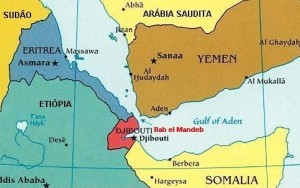7667766266
enquiry@shankarias.in
What is the issue?
What is the history of the conflict?
What is the likely impact of peace?

Source: Indian Express